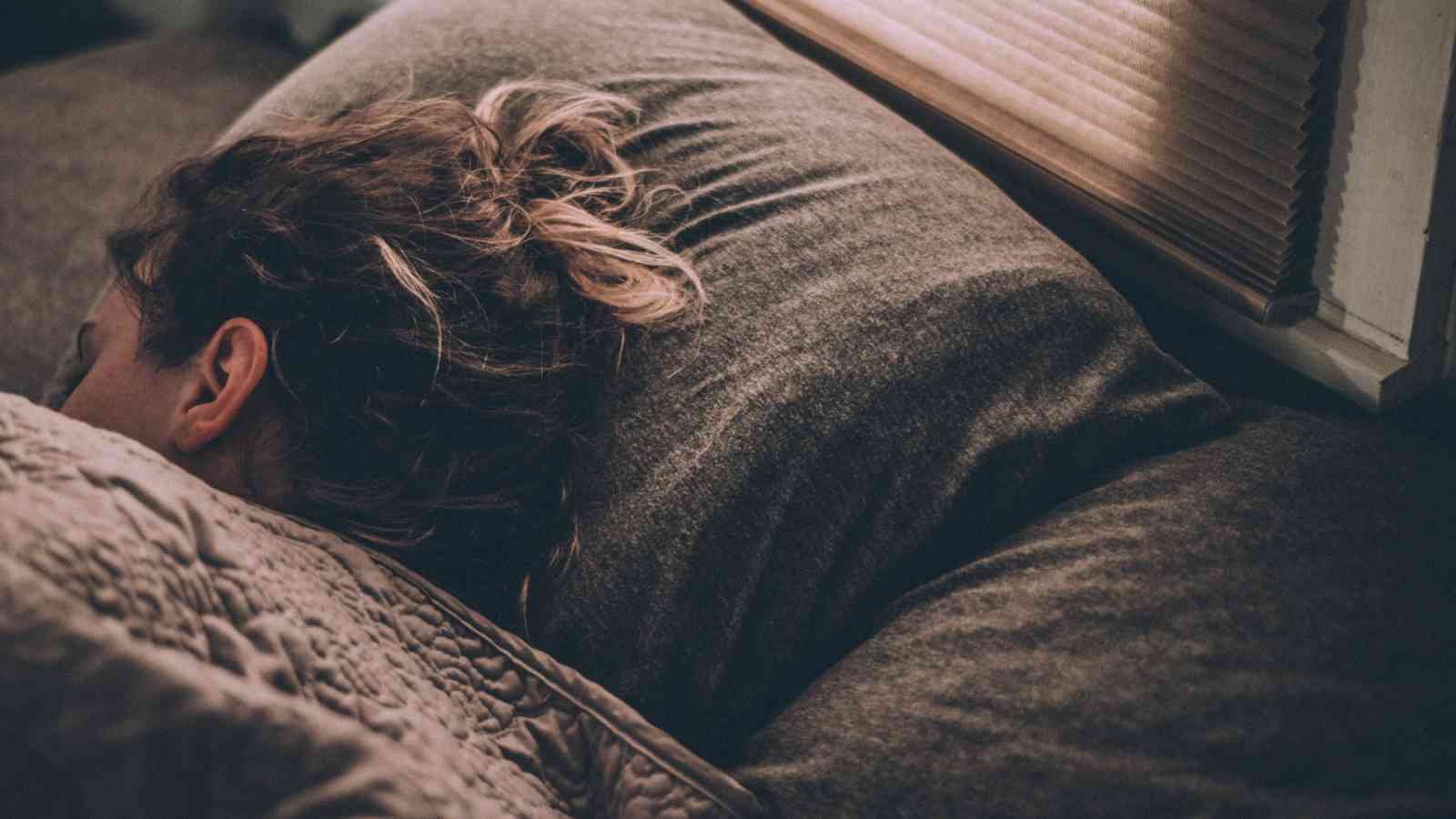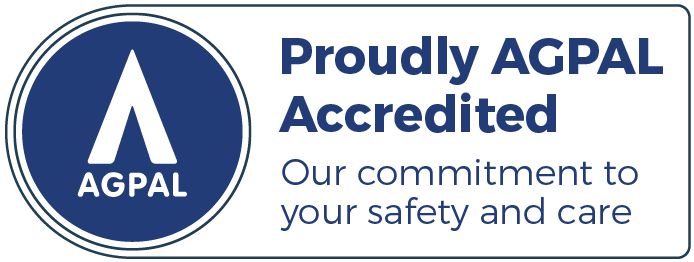
Sleep Hygiene
A good night's sleep depends on more than just a comfortable bed.
About 40% of Australian adults experience trouble with sleep in one way or another. These experiences could be waking up in the night, having trouble falling asleep, or waking up still exhausted.
To help fall asleep, stay asleep and ensure your body receives proper rest, it is important to look at your sleep habits and practice good sleep hygiene.
Here are some tips to help establish good sleep habits:
Keep a consistent sleep schedule.
Your body has an internal clock run by hormones that work most efficiently if on a schedule. Having a wind down routine before going to bed by dimming lights, brushing our teeth, or having a warm shower may help promote relaxation and let your body know you’re preparing for sleep.
Get 7-9 hours of sleep each night.
Everybody requires different amounts of sleep each night. Making sure you get to bed early enough to accommodate for enough hours of sleep may help you feel rested.
Limit use of electronic devices before bed.
This limits mental stimulation before bed and helps us relax.
Don’t consume a large meal right before bedtime.
We might feel too full and uncomfortable going to bed while we are still digesting a large meal. Instead, opt for lighter snacks.
Avoid consuming alcohol or caffeine late in the day or before bedtime.
These substances can interfere with falling asleep or prevent a deep restful sleep.
Keep your bed for sleep only.
We want to associate our beds with sleep only. If we take our laptops or work into bed with us, this instead associates our beds with activity and stress.
Exercise
Regular exercise, though not too close to bedtime, delivers a large range of health benefits, one being allowing a more restful sleep.
When to visit your doctor
If you still experience sleep disturbances despite maintaining good sleep hygiene, there may be more occurring. Your doctor can help determine if you might be suffering from some of these common sleep disorders.
- Insomnia
- Snoring
- Obstructive sleep apnea
- Sleep hypoventilation
- Narcolepsy
- Sleep talking and walking
- Nightmares and night terrors
If you would like support in exploring ways to improve your sleep, please consult with one of our doctors.




